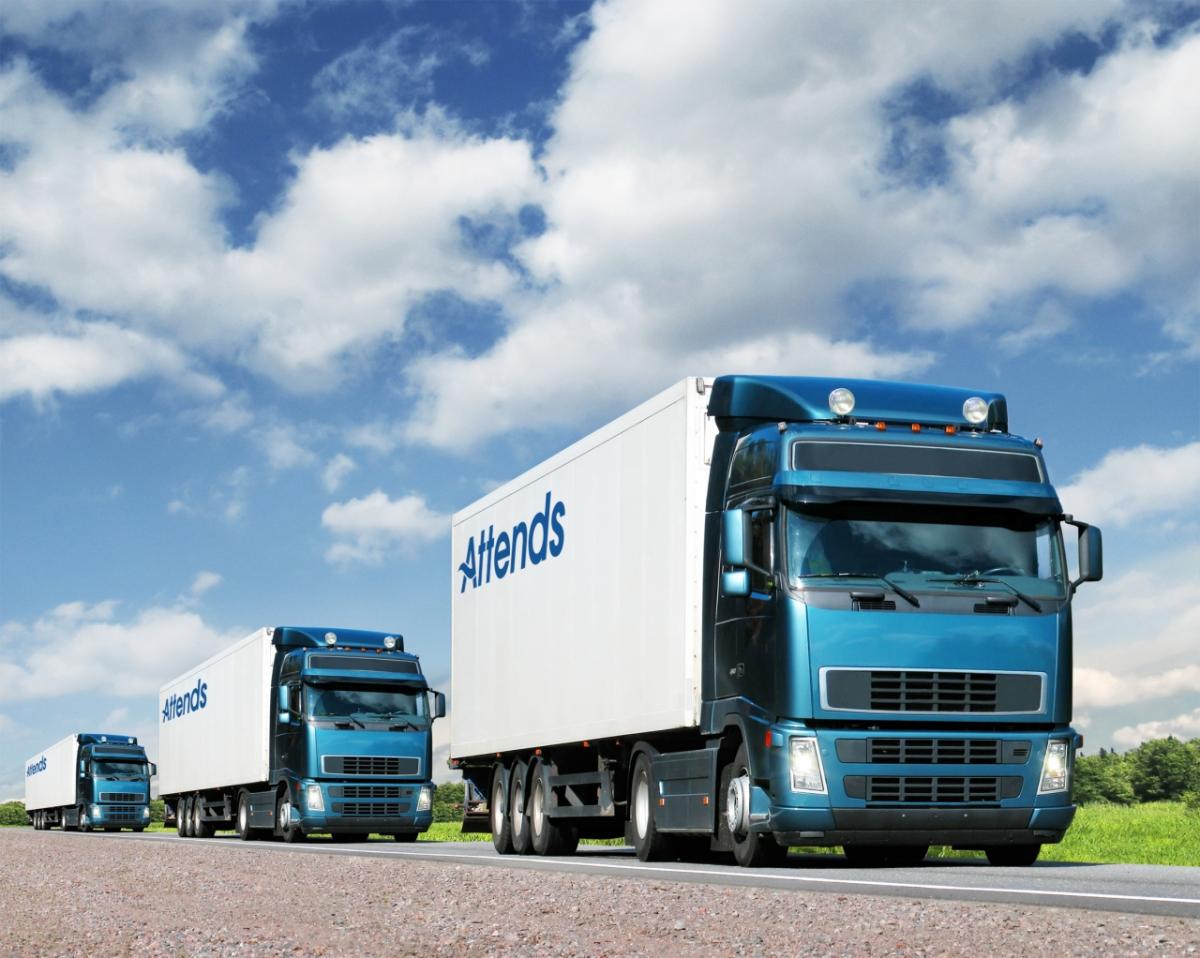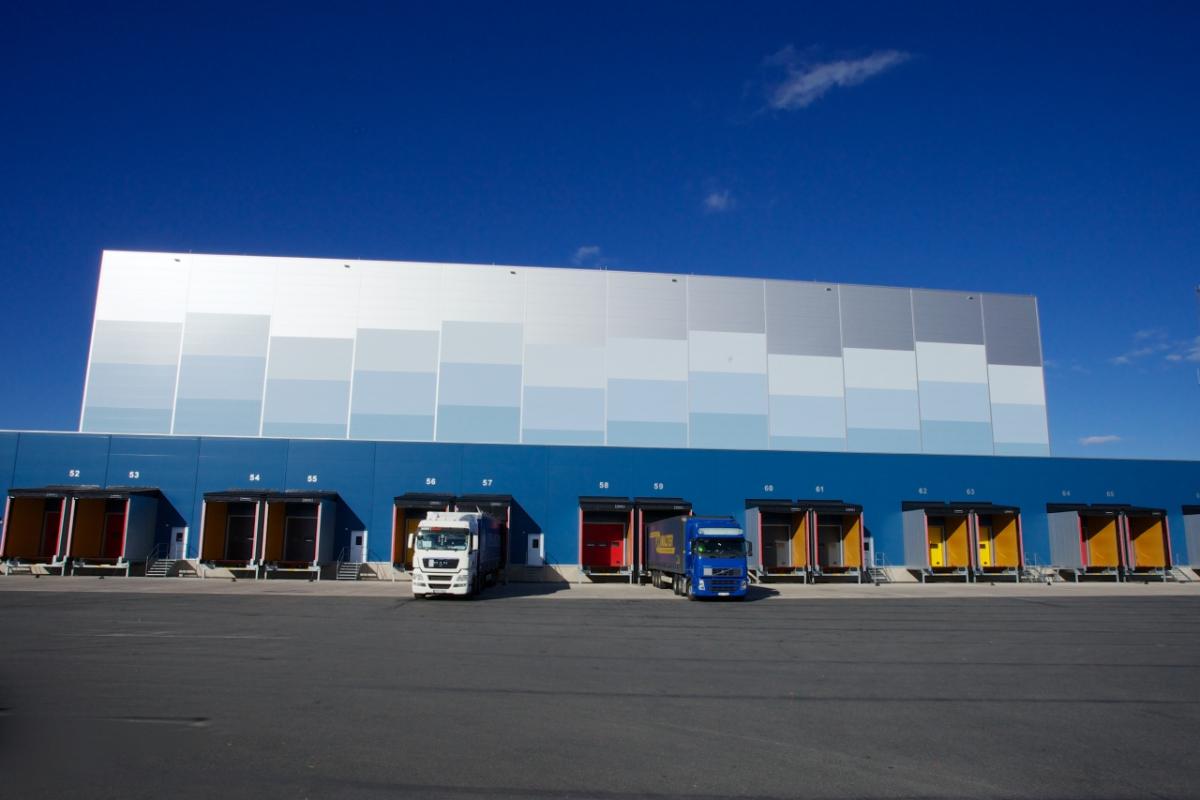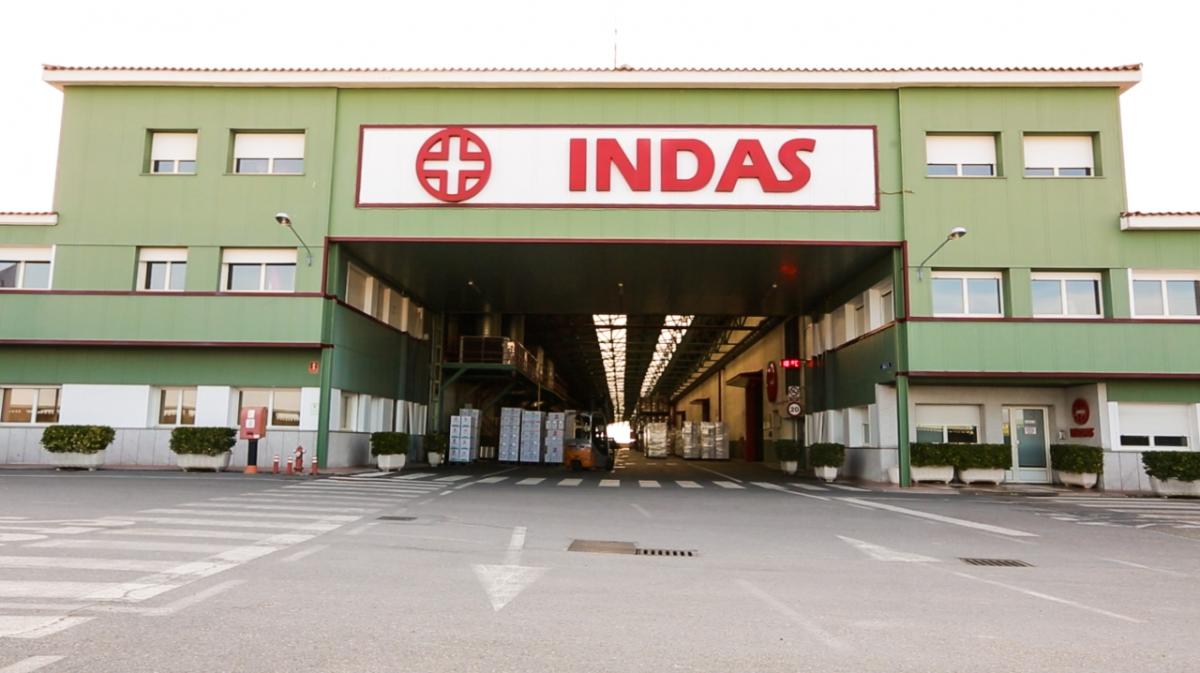More Efficient Freight Transportation Reduces Environmental Impact
More Efficient Freight Transportation Reduces Environmental Impact
Next time you’re stuck in traffic, consider this: How much faster would you move if there were fewer large trucks on the road? We’ve thought about that, too, which is why we’ve looked for more efficient ways to handle our freight transportation needs so that everyone benefits — economically and environmentally.
Domtar is well known for its sophisticated and cost-effective distribution network. Our freight transportation practices are reliable, and our distributions centers are strategically placed for greater distribution efficiency.
But we also face unique challenges because we transport a variety of products. Trucks filled with dense pulp and paper products must contend with weight restrictions, which can hamper our ability to fill each truck before sending it out on the road.
That concern led us to support public policies that call for safer trucks with greater payloads. For example, trucks equipped with an additional axle and improved braking capacity are able to carry products in spaces previously left empty in trailers. This helps decrease the number of trucks on the road and reduces shipping costs.
Domtar’s Personal Care business has the opposite problem. Lightweight personal care products often fill trailers before weight restrictions are met. To combat the issue posed by shipping lightweight personal care products, such as adult incontinence products, baby diapers,training pants and feminine hygiene products, Domtar has developed strategies that deliver greater efficiency to our freight transportation efforts.
Improvements in Freight Transportation
Here are a few highlights of the work we’re doing to create a more efficient Personal Care distribution network:
Greenville, North Carolina — Our colleagues at our Greenville Personal Care facility stack as many as 100 cases of adult incontinence products in between the pallets on a truck to make the most of previously unused space. We do this for all of our intra-company shipments.
Aneby, Sweden — Domtar sends some customers extra-tall pallet loads of personal care products. By sending pallets that are 250 cm tall rather than the standard 200 cm, we are able to better use the space on trucks, which can be up to 300 cm tall. This results in more efficient freight transportation, lower fuel costs and reduced truck emissions.
Toledo, Spain — Our high-compression packaging system for incontinence products reduces packaging volume by 30 percent, lowering our consumption of plastics and corrugated packaging and resulting in fewer pallets and trucks required for the same product volume. The solution is so effective that, in 2014, it was named Best Business Initiative in Ecodesign from ECOEMBES, a Spanish nonprofit organization focused on sustainable packaging and recycling.
In addition to these initiatives, Domtar’s Personal Care division recently joined the Pulp and Paper division in becoming a US EPA SmartWay Transport Partner. This flagship Environmental Protection Agency program is aimed is at reducing greenhouse gases from transportation.
Efficient Freight Transportation is Good for the Environment
Improving how we ship personal care products, in particular, comes as the need for these products, including adult incontinence products, is increasing. In 2016, 617 million people worldwide were aged 65 or older. That number is projected to swell to 1.6 billion by 2050.
Increased shipping requirements due to the growth of the adult incontinence product industry could take their toll on the environment, but our improvements in freight transportation efficiency can lead to significant environmental benefits. By reducing our use of traditional vehicles powered by gasoline, we are lowering our greenhouse gas emissions. Greenhouse gases, such as carbon dioxide, trap heat in the atmosphere and contribute to a warmer planet.
“Freight transportation is one of the fastest-growing impacts on the environment, and as consumer demand increases for personal care products, we are committed to respond with efficient transportation practices,” says Kevin Swindell, transportation manager for Domtar’s Personal Care division. “Each year, performance data is submitted and reviewed to qualify as a SmartWay partner, and as part of the partnership, Domtar now uses tools to track and reduce emissions from shipping its lighter-weight offerings.”
To learn more about how we’re doing our part to improve fuel efficiency and reduce air pollution, view our 2017 Sustainability Report, Working Smart for the Long Term.
###
For more inspiring stories about Domtar's sustainability efforts, visit the Domtar Newsroom at https://newsroom.domtar.com.




